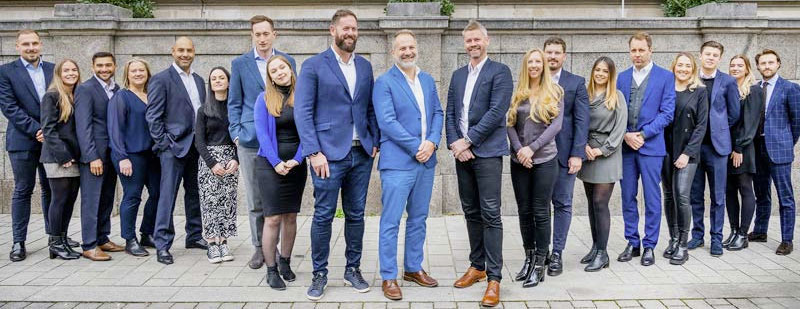Some mortgage lenders still charging for permission/consent to let
Mortgage lenders expect borrowers to ask for consent to let before they rent out their property.
Many homeowners do not realise they need to ask their bank or building society for permission before letting a property, and if they do so without consent, they could potentially be in breach of their mortgage conditions.
As a general rule, the lenders do not like a property to be let out within six months of completion, and there needs to be a good reason for letting it. This may include taking a new job overseas or temporarily reducing costs because of redundancy.
What would your lender do if you applied for permission to let?
- Nationwide Building Society asks customers to complete the permission to let form and raises the mortgage rate by 1% after you’ve been letting the property for six months. There is no arrangement fee, but the lender highlights the recent tax changes in the buy-to-let sector landlords are something that should be considered.
- Halifax customers will need to fill in a consent to lease form and once the permission is granted the rate is unlikely to go up. This policy is a real improvement on the old rates the bank previously charged but problems arise if you let the property without permission. Halifax may well increase your mortgage by up to 1.5% and potentially backdate the extra interest to the point when you let the property.
- Yorkshire Building Society increases the rate on a borrower's mortgage by 1% when the permission is agreed in advance but charges 1.15% when it finds customers with an unauthorised let.
- Virgin Money expects permission to be granted before the property is let and there are certain conditions. The is a maximum 75% loan-to-value and the mortgage must not have been completed in the last 12 months. There will be a rental calculation applied to make sure the rental income will cover the monthly repayments and if you have a guarantor, your application will not be accepted.
- Santander has a generous policy but still expects the homeowner to have permission to let. The bank does not increase the mortgage rate but charges a £295 fee. If you are on a fixed rate, once it finishes you may well revert to a standard variable rate and if you do not move back into the property, you may have to negotiate terms on a buy-to-let basis. You will need to have held the mortgage for at least six months, and you can't be in arrears.
- HSBC's customers will need to get permission to let part or all of their property. If they are not in the British Armed Forces or the Ghurkhas, they will only consider their application if they have had the mortgage for six months.
- Barclays require borrowers to have a minimum of 12 months ownership of the property and they will not increase the rate. The customer must not have been in arrears over the last 12 months and they can't borrow any additional funds. The rent charged must be sufficient to cover the mortgage and the borrowers need to be back in the property within five years. The bank will want to see a copy of the short-hold tenancy agreement in advance and it can last between six months and two years.
Trinity's comment
Aaron Strutt, product director at Trinity Financial, says: “If you are buying a property and you do not think you will be in it over the longer term, you need to think twice about locking into a rate with early repayment charges.
“You may be better off taking advantage of some of the super-cheap early repayment charge-free products on the market or a buy-to-let mortgage. It may also be worthwhile choosing a lender with one of the better permission to let policy that does not increase your mortgage rate if you let it out.”
Call Trinity Financial on 020 7016 0790 to secure a mortgage or book a consultation
The information contained within was correct at the time of publication but is subject to change.
Your mortgage is secured on your property. Your property may be repossessed if you do not keep up repayments on your mortgage










